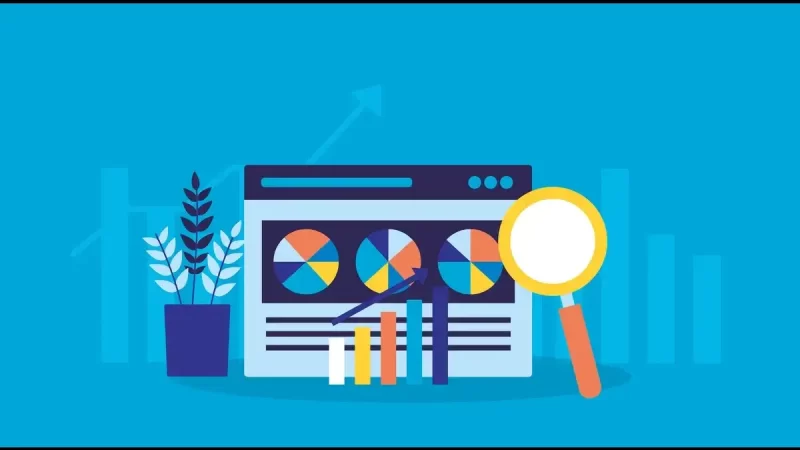All You Need To Know About The Google PageRank: A Beginner’s Guide to SEO Boosts

In the realm of search engine optimization (SEO), Google PageRank holds a significant position. Developed by Larry Page and Sergey Brin at Stanford University, PageRank revolutionized how search engines determined a website’s relevance and importance. This beginner’s guide aims to demystify PageRank and its impact on SEO.
What Is Google PageRank?
PageRank fundamentally assesses a website’s importance by evaluating the quantity and quality of links pointing to it. In essence, it views links as votes: the more links from reputable sites, the higher a website’s PageRank. This metric operates on a logarithmic scale, meaning each level is increasingly harder to achieve.
Factors Influencing PageRank:
- Quality Backlinks: High-quality links from authoritative websites hold more weight than numerous links from lesser-known sites.
- Relevance: Relevance between linked websites is crucial. Links from unrelated sites might not contribute positively to PageRank.
- Internal Linking: Links within a website also influence PageRank, aiding in distributing link equity across different pages.
- Link Attributes: Attributes like ‘nofollow’ and ‘dofollow’ impact how search engines perceive and follow links, influencing PageRank distribution.
Importance of PageRank in SEO Strategy:
While Google doesn’t publicly disclose PageRank scores anymore, its principles remain integral to SEO strategies. Understanding PageRank assists in:
- Link Building: Prioritizing quality over quantity when acquiring backlinks.
- Content Strategy: Creating valuable content that naturally attracts quality backlinks.
- Site Architecture: Implementing effective internal linking structures to distribute PageRank across pages.
Myths and Misconceptions About PageRank:
Over time, misconceptions about PageRank have emerged:
- Toolbar PageRank: The visible PageRank in Google’s toolbar was discontinued, but the underlying algorithm still exists.
- PageRank as Sole Ranking Factor: Google’s algorithm is now vastly complex, with PageRank being just one of many factors considered.
Improving PageRank:
- Quality Content: Engaging, informative, and original content naturally attracts backlinks.
- Link Diversity: Diversify link sources to enhance credibility.
- Optimized Internal Linking: Create a logical internal linking structure to distribute PageRank efficiently.
- Monitor and Adapt: Regularly review and adapt your strategy based on evolving SEO practices and algorithm updates.
Key Takeaways
While Google PageRank isn’t as transparent as it once was, its foundational principles significantly impact SEO. Focusing on quality content, relevant and diverse backlinks, and strategic internal linking remains crucial for enhancing a website’s authority and visibility in search engine results.
Frequently Asked Questions (FAQs) About Google PageRank and SEO Boosts:
Google PageRank is an algorithm used by Google to measure the importance of web pages. It assesses a website’s relevance and authority based on the quality and quantity of incoming links. Understanding PageRank is crucial as it helps in crafting effective SEO strategies to improve a site’s ranking in search engine results.
While the visible PageRank toolbar was discontinued, the underlying principles of PageRank are still relevant. Though not disclosed publicly, Google’s algorithm continues to consider link quality and relevance as essential factors in determining a website’s authority and ranking.
PageRank emphasizes the significance of quality over quantity in link building. Acquiring backlinks from authoritative and relevant websites holds more weight than simply accumulating numerous links. It underscores the importance of natural, organic link acquisition through valuable content creation.
Absolutely. Internal linking plays a role in distributing PageRank throughout a website. An effective internal linking strategy helps in spreading link equity across different pages, enhancing their visibility and authority within the site’s structure.
No, Google’s algorithm considers numerous factors beyond PageRank. While PageRank was a significant factor in the past, Google now uses a complex algorithm that includes hundreds of factors like content relevance, user experience, mobile-friendliness, and more to rank websites.







